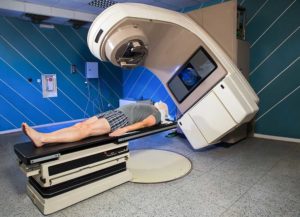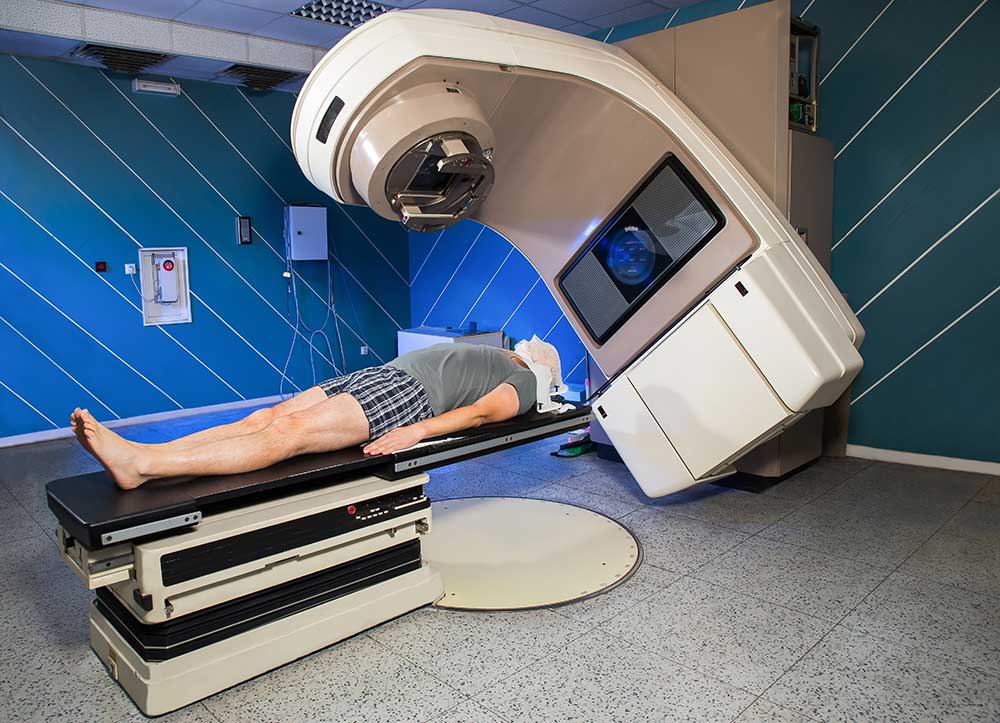Disclaimer: The information on our website is provided for general information purposes only. We make no representations or warranties of any kind, express or implied, about the completeness, accuracy, reliability, suitability or availability with respect to the website or the information contained on our website for any purpose. Any reliance on such information is therefore strictly at your own risk and we are not liable for any damages or losses arising out of or resulting from your reliance on any information contained on our website.
A radiation therapist (also known as a radiotherapist or therapeutic radiographer) is a health care professional who treats cancer and other diseases by administering radiation treatments. They work with a team of healthcare providers to include radiation oncologists, registered nurses who specialize in caring for patients with cancer, and medical physicists.
How to become a Radiation Therapist

You must earn formal training and should sign up for a college that has an accredited program in radiation therapy. You can either earn an associates degree or you can pursue a bachelor’s degree program at a university or college. Coursework usually includes human anatomy and physiology, physics, algebra, computer science, and research classes.
Upon successful completion you are eligible to become a certified radiation therapist, however, you need to have a license to start practicing. This license can be obtained by passing the American Registry of Radiation Technologists (ARRT) certification exam in the state you reside in.
Job Description of a Radiation Therapist
The primary job of a radiation therapist is to use x-ray or computed tomography (CT) scanning machines to locate cancerous tumors or to spot damaged tissues and exposure to radiation in case a person diagnosed with cancer is being subjected to chemotherapy. A radiation therapist would also be responsible to carry out radiation procedures that use x-rays to shrink and kill cancer cells, eventually in hopes of eliminating the tumor or affected cells.
A radiation therapist is trained on simulation, CT, computer planning of radiotherapy, external beam treatment, mould room, brachytherapy, treatment reviews, and medications associated with treatment and regulation of cancer. They perform duties such as communicating treatment procedures and answering any questions family members or patients may have, following safety procedures to eliminate radiation overexposure, maintaining and operating machines, ensuring patients comfort, and keep detailed documentation of any treatment given.
While a radiation therapist is supposed to be an expert in radiotherapy they are not experts in all aspects. It is common for a radiation therapist to be only responsible to operate the medical diagnosing devices, treatment procedures, and to review the reports of a patient for the treating physician.
Most radiation therapists work full time and have regular hours. They are primarily employed with hospitals, outpatients facilities, and physician offices. Their job can be strenuous due to moving patients and having to be on their feet throughout most of the day. According to the Bureau Labor Statistics website, there is faster than average growth in this career field, however, there will be fierce competition for those entering the field.
Article Citations
Bureau of Labor Statistics, U.S. Department of Labor, Occupational Outlook Handbook, Radiation Therapists.
National Center for O*NET Development. 29-1124.00. O*NET OnLine.

